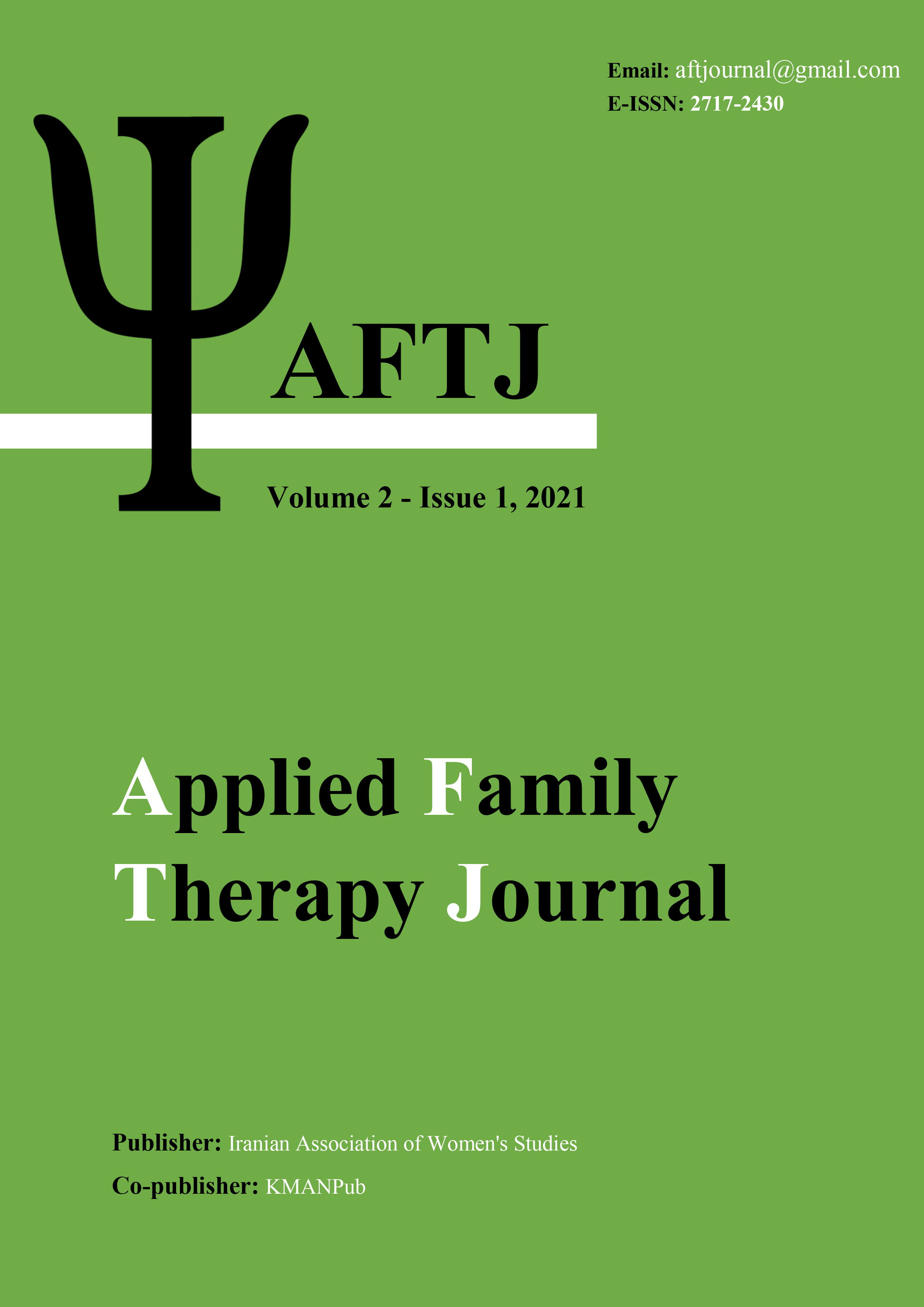The Effectiveness of Mindfulness-Based Cognitive Therapy in Improving Happiness and Cognitive Emotion Regulation Strategies in Male Methamphetamine Users
Keywords:
Fathering Self-Efficacy, Exploratory Factor Analysis, Confirmatory Factor Analysis, StandardizationAbstract
Aim: The present study aimed to evaluate the effectiveness of mindfulness-based cognitive therapy in improving happiness and cognitive emotion regulation strategies in methamphetamine users. Methods: The research design was quasi-experimental with a pretest-posttest design with a control group and a one-month follow-up. The statistical population consisted of all married male methamphetamine users who visited public and private medical centers (including outpatient centers and residential centers) in Kermanshah in 2018. Among whom, we selected 30 men as research samples by a convenience sampling method and randomly assigned them to experimental (n=15) and control (n=15) groups. We evaluated both groups by the emotional cognitive regulation strategy questionnaire by Garnefski et al. (2001) and the happiness inventory by Argyle and Lu (1990). The experimental group then underwent eight 120-minute sessions of mindfulness-based cognitive therapy intervention by Kabat-Zinn (2004). We analyzed data using the repeated measures analysis of variance (ANOVA). Results: The results indicated the effect of mindfulness-based cognitive therapy on components of cognitive-emotional regulation strategies, namely self-blame (p<0.001, F=25.76), blaming others (p<0.001, F=22.76), rumination (p<0.001, F=21.76), positive refocusing (p<0.001, F=29.71), planning refocusing (p<0.001, F=27.59), positive reappraisal (p<0.001, F=26.51), underestimation (p<0.001, F=21.91), acceptance (p<0.001, F=20.63), Catastrophizing (p<0.001, F=29.23), and happiness (p<0.001, F=86.29), and the stability of the effect was in the follow-up phase. Conclusion: According to the results, we suggest psychologists and psychotherapists use the results of the present study to increase adaptive-cognitive emotional strategies and happiness and reduce maladaptive emotional cognitive strategies in drug abusers and prevent negative consequences of addiction on the family by using effective approaches and providing health conditions in the family system.
Downloads
Downloads
Published
Issue
Section
License

This work is licensed under a Creative Commons Attribution-NonCommercial 4.0 International License.





















